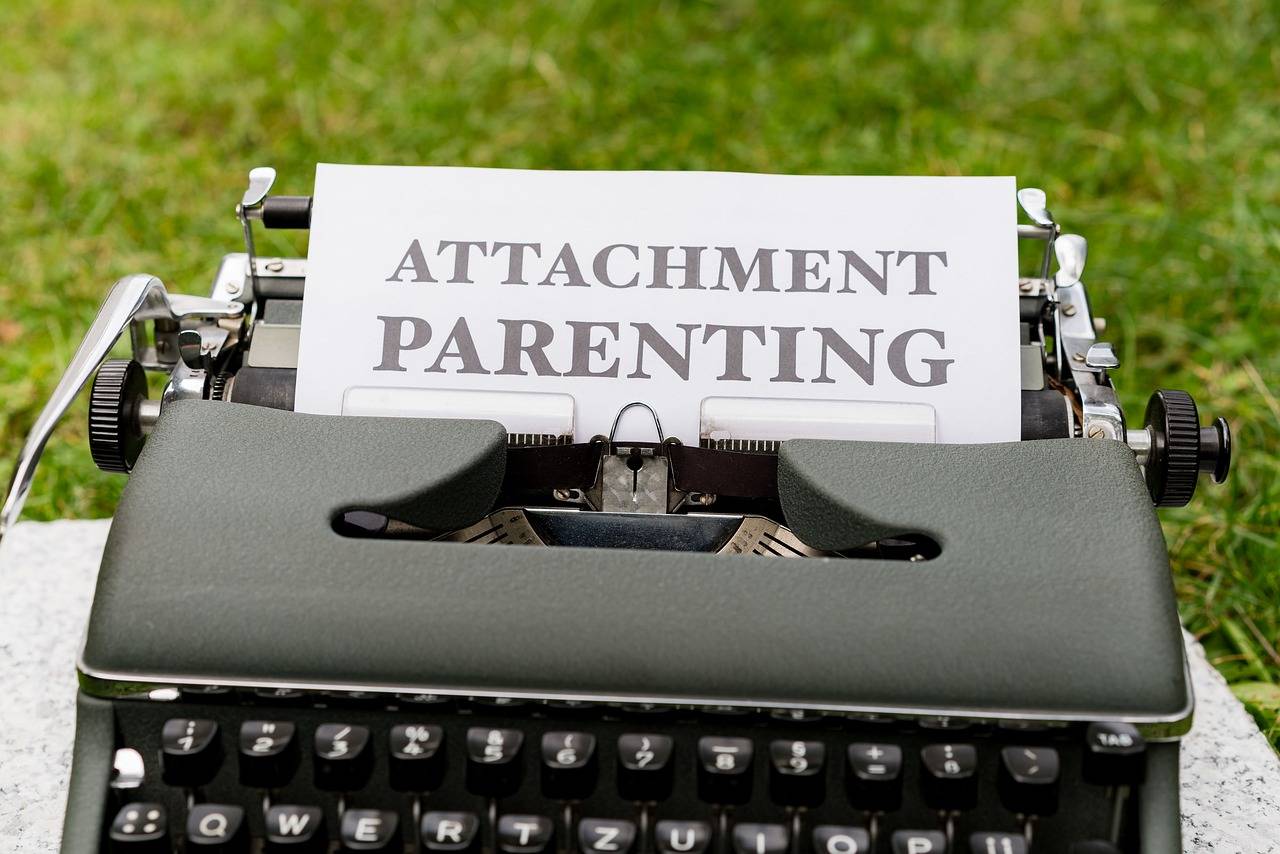Addressing Learning Loss and Academic Recovery Post-COVID-19
The outbreak of COVID-19 has undoubtedly brought about significant disruptions to the education sector worldwide. The closure of schools and the shift to remote learning have exposed both the vulnerabilities and the resilience of educational systems. As institutions struggled to adapt to the sudden changes, students and teachers faced challenges in adjusting to the new modes of instruction.
One notable impact of COVID-19 on education is the exacerbation of existing inequalities among students. The transition to online learning has highlighted disparities in access to technology and internet connectivity, further widening the gap between students from different socioeconomic backgrounds. Additionally, the closure of schools has disrupted vital support services for vulnerable students, including access to meals and mental health resources.
Understanding the Scope of Learning Loss
Learning loss has been a significant concern in the education sector since the onset of the COVID-19 pandemic. With the shift to remote learning and disruptions to traditional schooling methods, students across various levels have been affected by gaps in their academic progress. The scope of learning loss has been particularly pronounced in subjects such as mathematics and reading comprehension, where consistent practice and in-person instruction play a crucial role in mastery.
The impact of learning loss extends beyond just academic content knowledge, affecting students’ overall educational experience and long-term outcomes. Studies indicate that the disparities in learning loss are more pronounced among disadvantaged students who may lack access to resources and support systems necessary for effective remote learning. As such, understanding the full scope of learning loss is essential in devising targeted interventions and strategies to mitigate its long-term consequences on student achievement and educational equity.
Exploring Strategies for Academic Recovery
Now more than ever, educators are faced with the critical task of implementing effective strategies for academic recovery following the disruptive impact of the COVID-19 pandemic on education. One key approach is the utilization of targeted interventions to address specific learning gaps that have emerged among students. These interventions may include personalized tutoring, small group instruction, and differentiated learning materials tailored to individual student needs.
In addition to targeted interventions, fostering a supportive and inclusive learning environment is essential for academic recovery. Creating a positive classroom culture that promotes collaboration, resilience, and growth mindset can help students rebuild confidence and motivation in their academic pursuits. Emphasizing social-emotional learning alongside academic content can also enhance students’ overall well-being and readiness to engage in the learning process.





